Georg Bredig Archive
The Bredig Archive includes Georg Bredig’s German passport.
A collection of personal correspondence and scientific documents tell the story of a prominent Jewish Scientist during the Nazi-era
Georg Bredig was a German-Jewish scientist known as the father of catalytic chemistry. Through a rare collection of his personal materials, including books, photographs, and scientific notes, Georg’s professional achievements as well as the story of his escape from Nazi Germany is captured in an archive, which is now permanently housed at the Science History Institute in Philadelphia, PA.
The Walder Foundation provided funding to the Science History Institute to acquire the archive in 2019. The Institute collects historical items related to the fields of chemistry, engineering, life sciences, and biotechnology. The Bredig archive had never been made public before becoming part of Institute’s collection, but it will now be available to researchers and become part of public programming.
As the first professor of physical chemistry at the University of Heidelberg, Bredig worked with the founding fathers of physical chemistry including Jacobus Henricus van’t Hoff, Svante Arrhenius, Fritz Haber, and William Ostwald. Extensive correspondence between Bredig and these scientists is included in the archive, providing a snapshot of the early years of physical chemistry in the late 19th century.
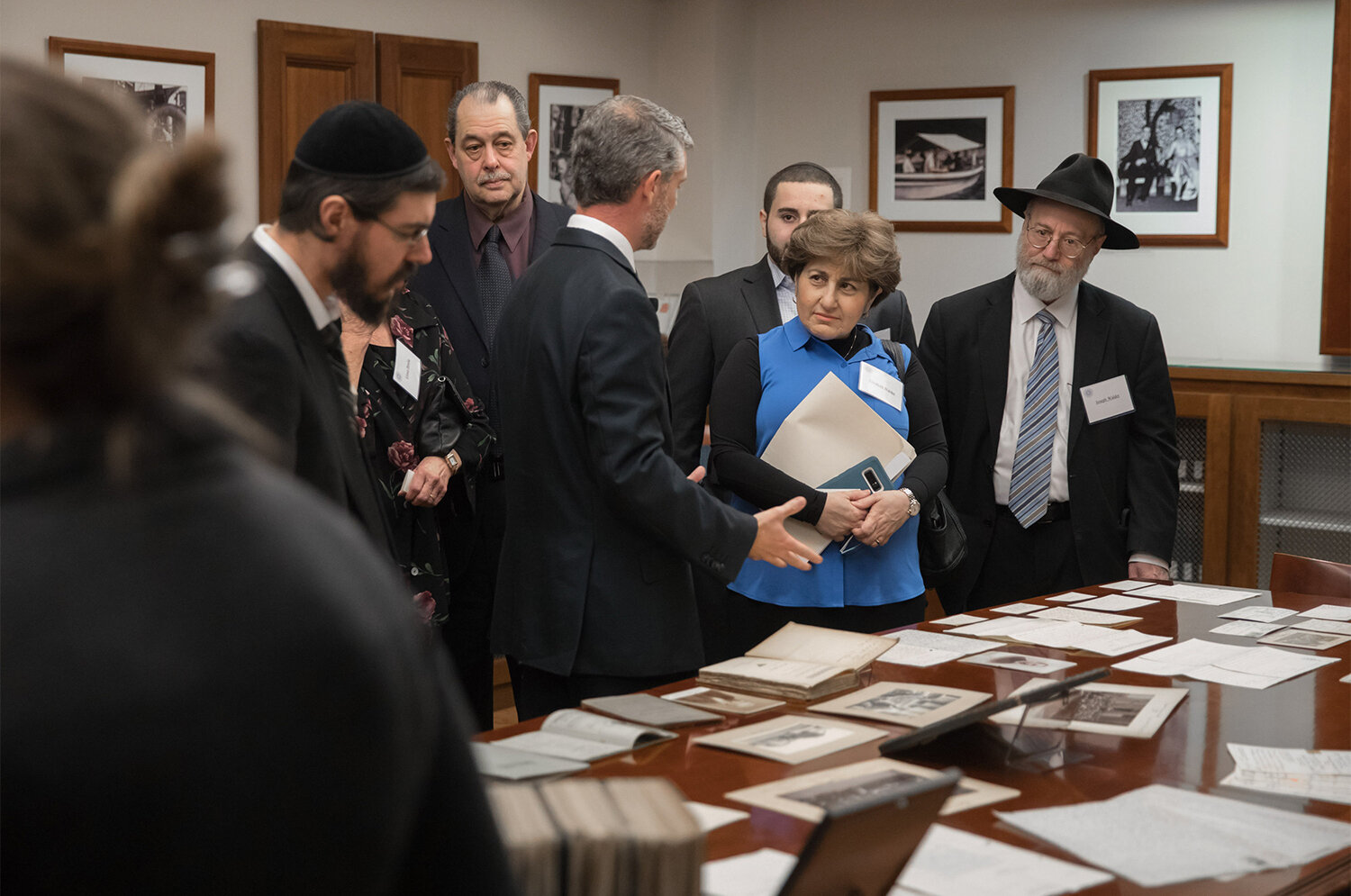
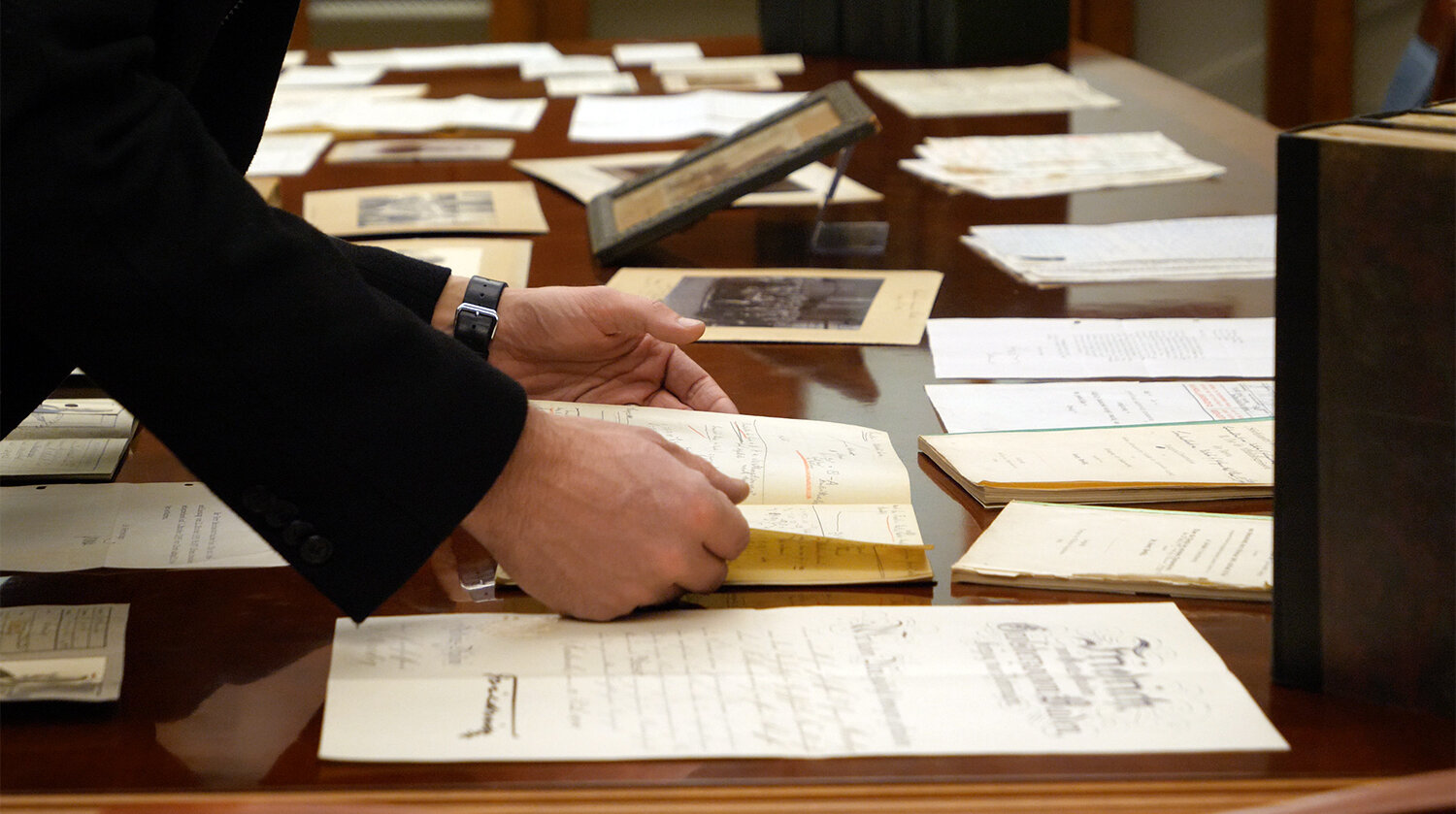
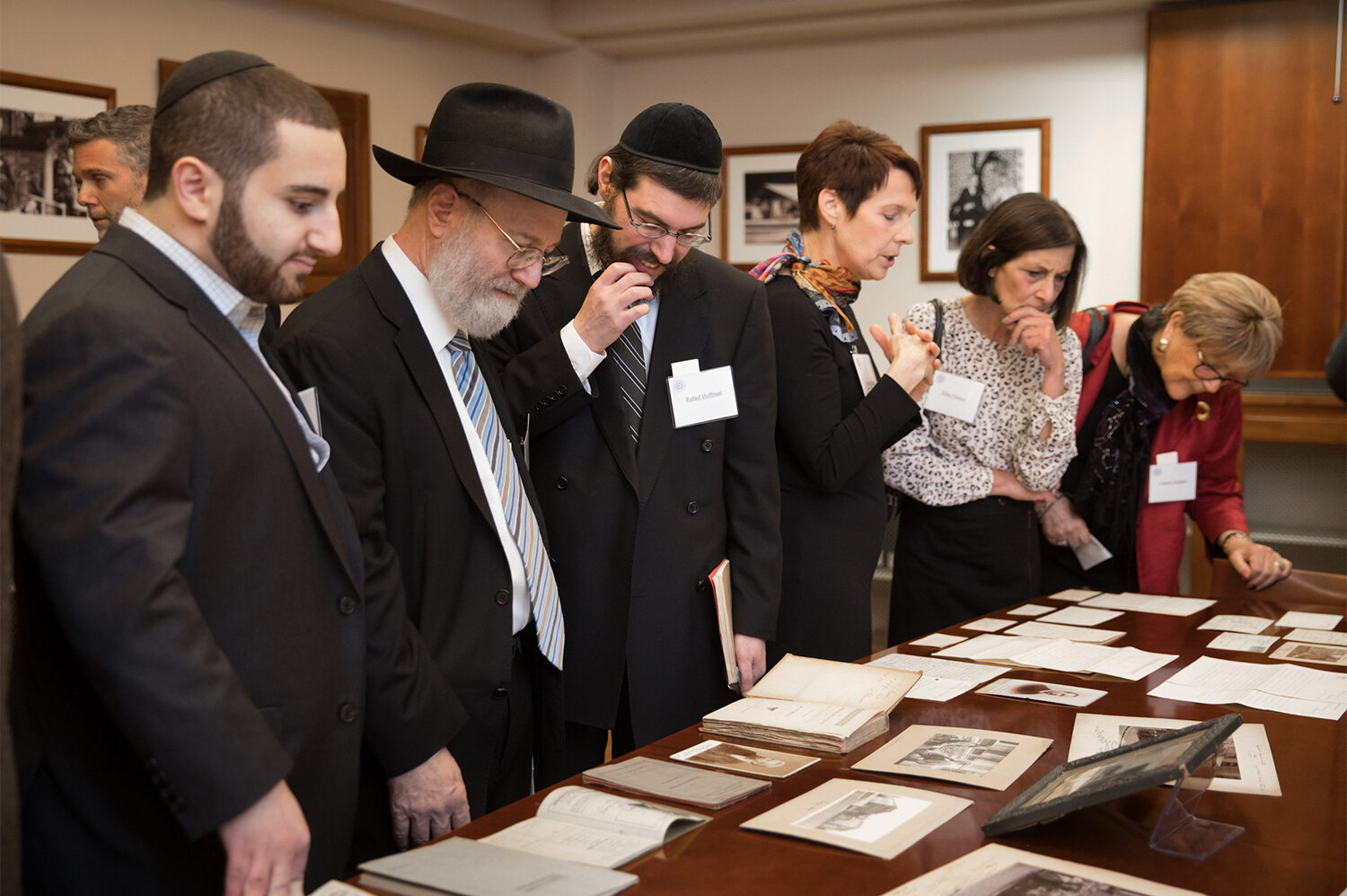
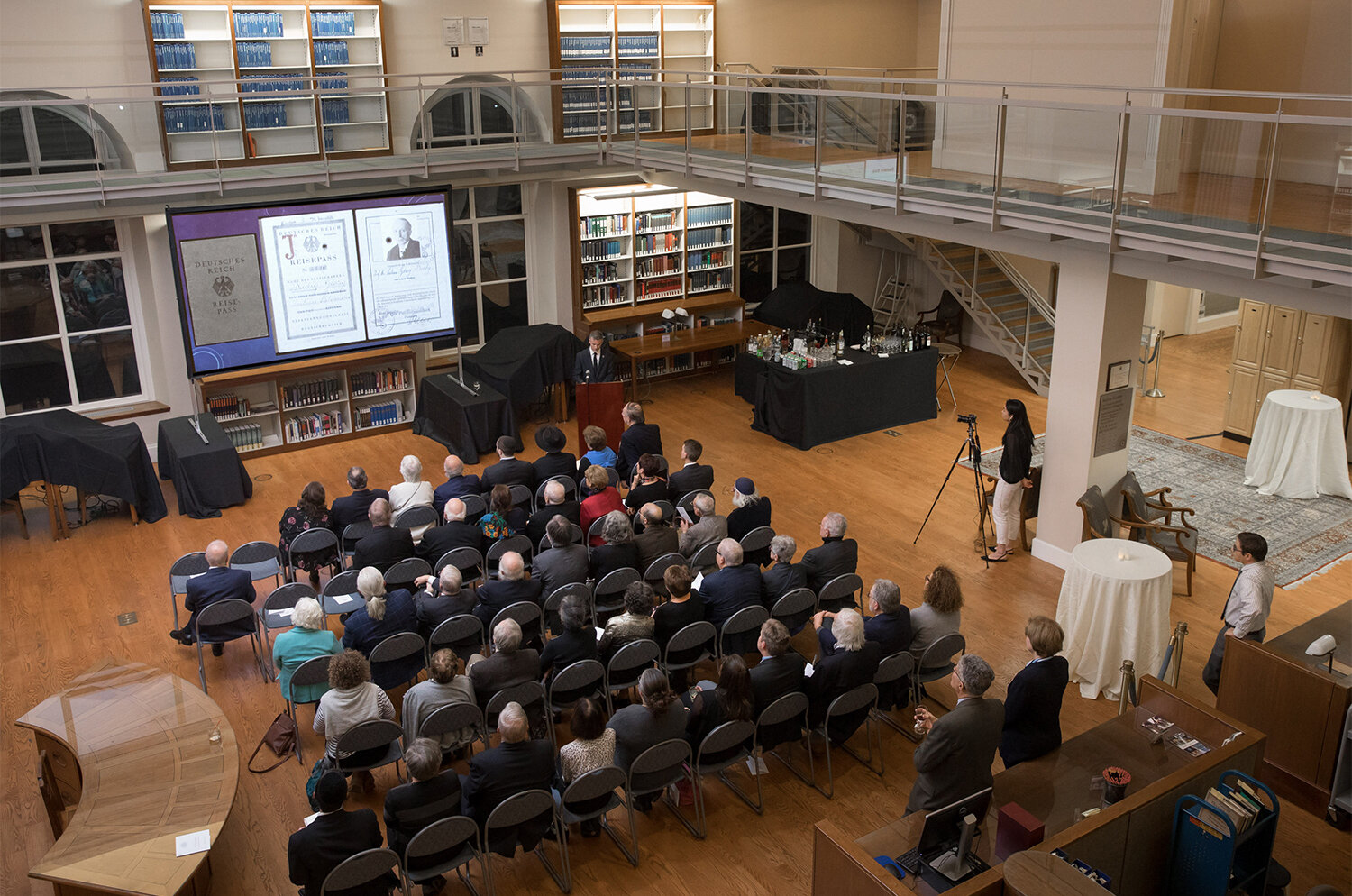
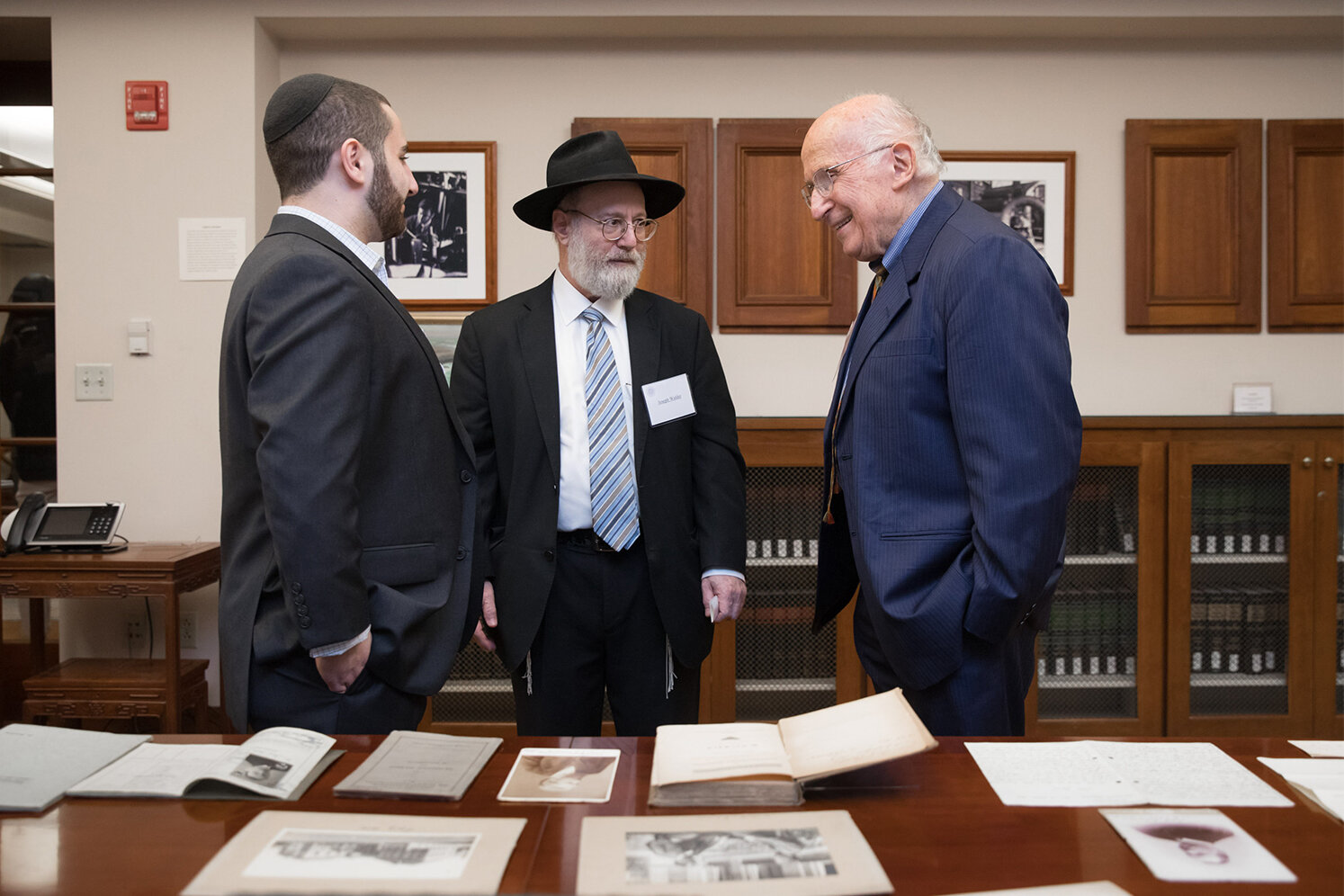
Other items in this collection tell a different story—the Bredig family’s struggle to survive under the Nazi regime. Letters requesting food and clothing as well as documents showing their attempts to escape from Germany are part of the collection. With the help of his family, Bredig’s work was preserved and smuggled out of Germany to the Netherlands, and then it was eventually sent to the United States.
"Bringing this collection to the Science History Institute fulfills Georg Bredig's wish that these documents be preserved so that future generations can study them," Robert Anderson, the Science History Institute's president and CEO, said in a press statement. "They are significant not only to scholars of the history of science but to Holocaust scholars as well."
Robert Jütte, a science historian with a strong interest in Jewish history, has been studying the collection to embed Bredig’s story into the wider context of the emigration of Jewish scholars from Nazi Germany. By focusing on the private letters of Georg Bredig, Jütte’s study will compare Bredig’s arduous emigration journey with those of other prominent physical chemists during that time.
Get more stories like this delivered to your inbox.
Sign up with your email address to receive news and updates.











